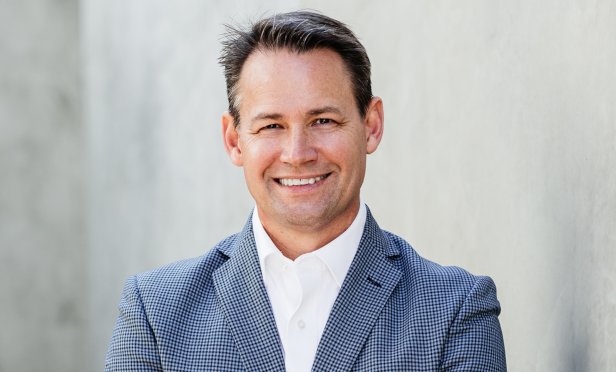Phoenix was on the last metros in the country to recover from the recession, and because of the late recovery, many investors have the expectation of an extended runway. However, with the flood of capital into the market, has Phoenix already moved past “emerging” status and into maturity?
“In terms of whether Phoenix is still emerging or is a mature market, I think it is both. Since the region has abundant land with limited barriers to entry, it will likely always have emerging submarkets on the outskirts of town,” Bob O'Neill, SVP of acquisitions at CapRock Partners, tells GlobeSt.com. CapRock is expanding its industrial development activity in the market in response to the growth, and it does see an extended runway.
However, Phoenix has certainly capture capital attention—from both private and institutional players—and that has put pressure on pricing and cap rates. “Phoenix was one of the last MSAs to recover from the financial crisis, so investing in the market wasn't high on most institutions' priority lists until a couple of years ago. As absorption has increased and industrial vacancies have dropped to around 7%, we are seeing a lot of interest in Phoenix from investors who weren't active in the market four or five years ago,” says O'Neill. “Now, many of the major industrial REITs and institutional investors have an increased appetite for acquiring more industrial real estate in Phoenix.”
In addition to strong fundamentals and continued population growth, leasing activity, lease rate growth and absorption of new product has justified the bullishness. “As Phoenix's population continues to grow and the Loop Freeways are developed, those outlying areas will be more desirable for owners and tenants,” ads O'Neill. “In terms of the mature markets, the industrial areas around Sky Harbor Airport and Tempe are very desirable and we have started to see a few cases of developers tearing down older industrial buildings and manufacturing plants for the development of new state-of-the-art industrial distribution buildings.”
Whether or not Phoenix is reaching maturity or still evolving and growing, it is a strong investment market, and CapRock sees plenty of opportunity in the city. “Phoenix has a great future with continued population growth due to its quality of life and affordability,” says O'Neill. “As businesses in neighboring states like California continue to experience higher costs from increasing real estate values and increased governmental regulation and costs, secondary markets, such as Phoenix, are going to continue to be the beneficiary. So far, industrial demand and absorption in Phoenix have exceeded new construction deliveries. This excessive demand has created competition for space in certain size ranges and submarkets, which has started to drive increases in rent growth. Provided that new supply doesn't exceed demand, we expect this trend to continue.”
© Touchpoint Markets, All Rights Reserved. Request academic re-use from www.copyright.com. All other uses, submit a request to [email protected]. For more inforrmation visit Asset & Logo Licensing.







